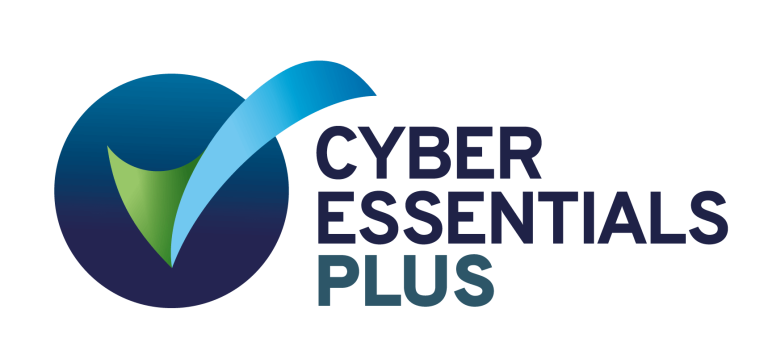When we think of the UK Special Forces, images of elite soldiers performing daring missions with impeccable precision often come to mind. These highly trained individuals are the epitome of discipline, endurance, and bravery. But what happens when you throw in the often-overlooked world of health and safety regulations? This tongue-in-cheek exploration delves into the many ways the UK’s finest might clash with the mundane yet crucial world of health and safety.
The Stealthy Stumble: Navigating Health and Safety in Covert Operations
The Risks of Going Dark
The UK Special Forces are renowned for their covert operations, where stealth is key, and detection is not an option. But imagine trying to conduct a covert mission while adhering to stringent health and safety regulations. The need for absolute silence and darkness could come into direct conflict with the usual safety measures like high-visibility vests and torches.
Night Vision Goggles vs. Safety Goggles
Night vision goggles are a staple for any special forces operative conducting night raids. However, in the world of health and safety, traditional safety goggles might be recommended to protect against dust, debris, and other environmental hazards. The idea of a special forces soldier swapping their high-tech gear for a pair of basic safety goggles is enough to make anyone chuckle. It’s a classic clash of priorities—stealth versus safety.
High-Visibility Headaches
Imagine a special forces unit creeping through enemy territory, every movement calculated and silent. Now picture them doing so in high-visibility jackets because, after all, safety first, right? The concept of blending into the environment doesn’t quite align with the fluorescent yellow that health and safety officials would advocate for.
The Consequences of Not Standing Out
On the flip side, the absence of high-visibility gear in a combat scenario is understandable, but it highlights the risks these operatives face daily. Without such gear, they are more vulnerable to friendly fire or accidents in low-visibility environments. This trade-off between remaining unseen and ensuring one’s safety is a delicate balance that special forces must navigate.
The Physical Toll: Health and Safety on Gruelling Missions
Endurance or Exhaustion?
The physical demands placed on special forces soldiers are immense. Long hours, extreme conditions, and high-stress environments are par for the course. But what if we applied workplace health and safety regulations to these gruelling missions?
Fatigue Management
Fatigue is a serious concern in any high-stakes operation. Health and safety regulations in most industries would call for regular breaks, adequate rest, and limits on the number of hours worked consecutively. However, for special forces, the mission often takes precedence over rest, pushing soldiers to their physical limits. If a health and safety officer were to step in, they might suggest a tea break in the middle of a mission—a concept that, while laughable, underscores the harsh reality of fatigue management in combat.
Manual Handling Madness
Special forces soldiers are often required to carry heavy loads over long distances—whether it’s a pack filled with essential gear, weapons, or even an injured comrade. In a civilian workplace, manual handling training and regulations would be strictly enforced to prevent injuries.
The 25kg Limit: Mission Impossible?
In the UK, the recommended weight limit for manual handling by an individual is around 25kg. For special forces, this limit is regularly exceeded, with soldiers carrying loads far heavier than what health and safety guidelines would recommend. Imagine a health and safety inspector trying to enforce this limit in the middle of a battlefield—it’s a recipe for mission failure, but it highlights the physical strain these soldiers endure.
The Mental Battlefield: Psychological Health and Safety Concerns
Stress Under Fire
The mental resilience of special forces soldiers is as critical as their physical endurance. The psychological stress they endure is immense, from high-pressure decision-making to the traumatic events they witness.
The Need for Mental Health Support
In a conventional workplace, health and safety regulations would include provisions for mental health support, regular counselling, and stress management. For special forces, however, the stigma around mental health has historically been a barrier to seeking help. In recent years, there has been a shift towards recognising the importance of mental health, but the unique nature of their work means that traditional methods of support may not always be applicable.
The Impact of Isolation
Special forces soldiers often operate in remote or hostile environments, far from any support network. The isolation they experience can have profound effects on their mental well-being.
Maintaining Connection
Health and safety guidelines would typically encourage regular check-ins, communication with loved ones, and access to support services. For soldiers on extended deployments, maintaining these connections is challenging. The isolation can lead to feelings of loneliness and detachment, emphasising the need for specialised mental health resources tailored to the needs of special forces personnel.
A New Perspective on Special Forces and Safety
While it might seem humorous to imagine the UK Special Forces adhering to standard health and safety regulations, the reality is that their work requires a unique approach to safety. The demands of their missions often push the boundaries of what is considered safe in a traditional sense, but that doesn’t mean health and safety is ignored. Instead, it’s adapted, prioritising the well-being of these elite soldiers while ensuring they can perform their duties effectively.
In the end, the health and safety challenges faced by special forces are a testament to their resilience, adaptability, and dedication. While they may not don high-visibility jackets or take regular tea breaks, their commitment to safety—both their own and that of their comrades—is evident in every mission they undertake. So, the next time you consider the risks in your own workplace, spare a thought for the UK Special Forces, whose health and safety concerns are as complex and demanding as the missions they carry out.
See Evalu-8 EHS in action
The leading choice of EHS software for small to large companies in the manufacturing sector that want to get control of there safety



